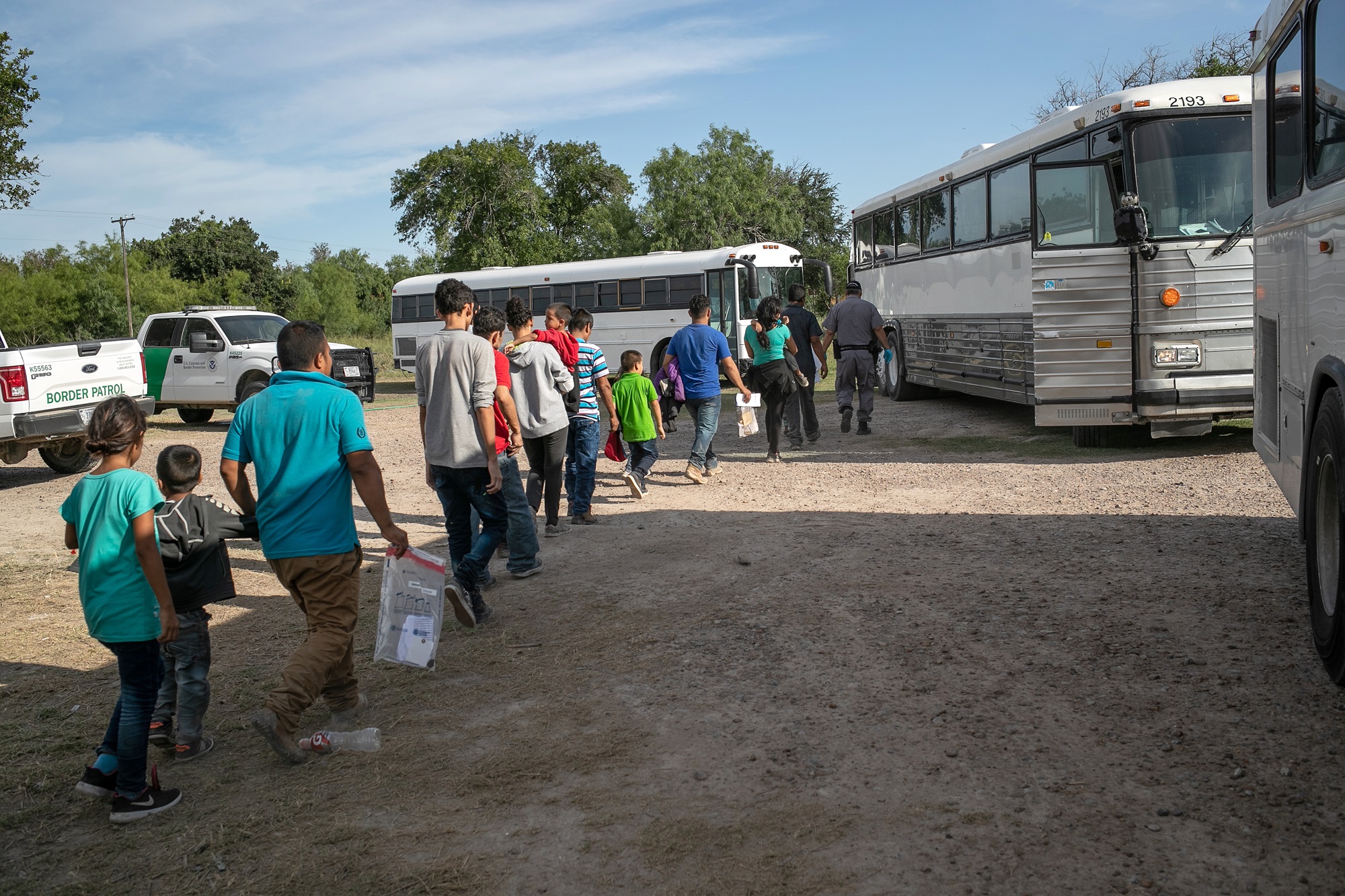
By EFE
Apr 30, 2024, 00:51 AM EDT
The new conditions imposed by the city of Denver, Colorado to provide housing and food assistance to newly arrived asylum seekers. It is so difficult to achieve that only 11 immigrants, of the hundreds of potential beneficiaries, have received such help, local leaders denounced.
Denver Mayor Mike Johnston announced on April 10 the Denver Asylum Seeker Assistance Program (DASP) aimed at approximately 1,000 applicants. Of all the people who tried, 200 have already been rejected.
Denver will no longer offer free housing and meals
DASP was created to reduce the high cost of helping new immigrants. Therefore, from now on, Denver will no longer offer free housing and meals to newcomers but will focus on those who qualify for asylum and meet demanding requirements.
The aid will only be granted to people who have their identity documents in order, who have already received a work permit from the corresponding immigration authorities, and who present a duly signed rental contract for the home where they will stay.
Those people will then receive the same services that Denver (directly or through contracts with charitable organizations) offers to all potential asylees, including help paying rent, food boxes, and six months of training to adapt to the situation. culture and work context of the state of Colorado.
Agencies in charge of aid
Rent and food assistance was provided by the ViVe Wellness group (a contract of almost $1.4 million dollars). And for cultural and labor training, the Humanitarian Center for Workers was contracted ($2.2 million dollars).
In a statement sent to EFE, the Denver Action Network for Housing Access (HAND), focused on helping newcomers, expressed that “the requirements (of DASP) are impossible and prevent the most people qualify for that program, especially affecting those who need the most help.”
They need a unique phone number
For example, one of the requirements is that interested parties have a unique telephone number (not shared with others) where they can be called and where they can make and receive calls from the social workers in charge of their cases.
However, according to HAND, many of the newly arrived migrants, especially Venezuelans, do not have phones compatible with that requirement.
At the same time, those seeking help through DASP must present an “eviction letter,” basically, a document provided by the municipal shelter where they were staying, in which they must indicate what day they must leave that place or what day they left it.
But since those shelters, with the exception of one, are already closed; those “letters” are no longer issued.
Even the only open shelter (which houses about 800 people, according to the Newcomers Program of the Denver Department of Human Services, DDHS) does not deliver these “letters” either because those who are housed know in advance that they have a maximum period of three days. to find another place.
Texas buses arrive in Denver
“If these interested parties already meet all the requirements, which are: work permit, employment, rental contract, why would they need help to get what they already have?” HAND expresses in its statement.
But, according to Sarah Plastino of DDHS, the measures are necessary “to prevent the influx of new immigrants.”
During the last week, 22 buses arrived with immigrants from Texas, compared to 25 trucks that arrived during the entire month of March.
Keep reading:
- USCIS announces improvements to the T visa program for immigrant victims of human trafficking
- Migrants’ fear of organized crime grows after massacre in northern Mexico
- The United States has deported 690,000 migrants since Title 42 ended
